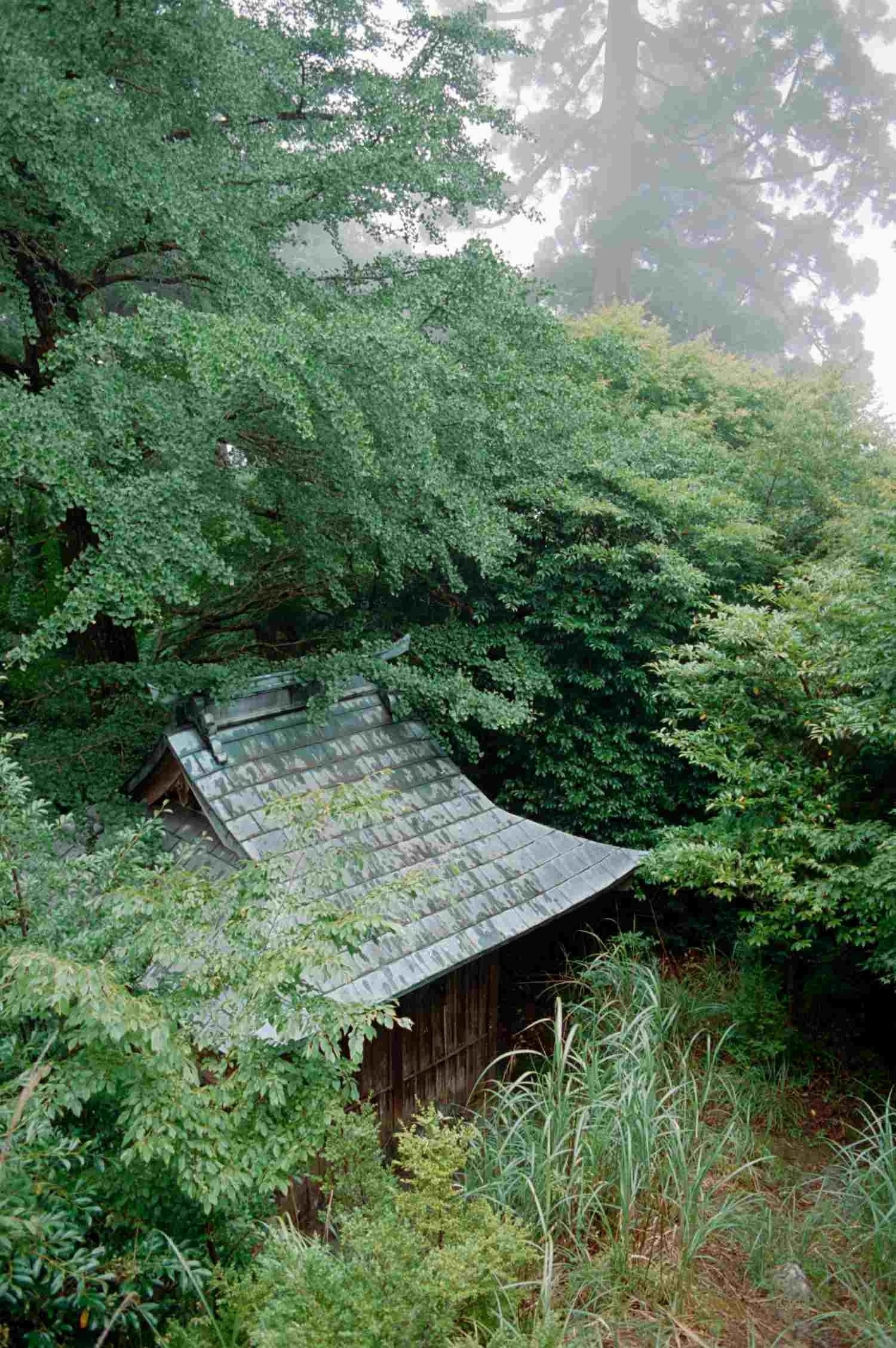Exploring Kyushu through the lens of Alexander Muñoz
For Vol.06 of our monthly photography series, we venture out of Tokyo’s concrete jungle to dive into the work of Alexander Muñoz. Explore his photography, experiences, and final farewell to Fukuoka, Kyushu, the place he called home for many years before moving to Japan’s capital.
How did your time in Kyushu and living in a more rural area of Japan impacted you as a creative?
I’ve previously lived in both Nagasaki and Fukuoka. Fukuoka city for over 8 years. It’s the 3rd or 4th largest city in Japan and quite the hidden secret from a majority of tourists. This keeps the character of the city quite special and after many years I grew to love Fukuoka and even developed a usual Fukuoka native vocabulary that tends to amuse my new Tokyo friends. Fukuoka is a large prefecture though, so living there also means you are exposed to a lot of the country-side too, which was also fun to drive around in my Subaru.
Even though I am known for my street portraits and traditional street photography, I also grew to love simple lifestyle landscapes as well. These days, I think that experience of having nothing around but rice fields and old houses makes me appreciate the wild congested nature of a megatropolis like Tokyo in different ways.
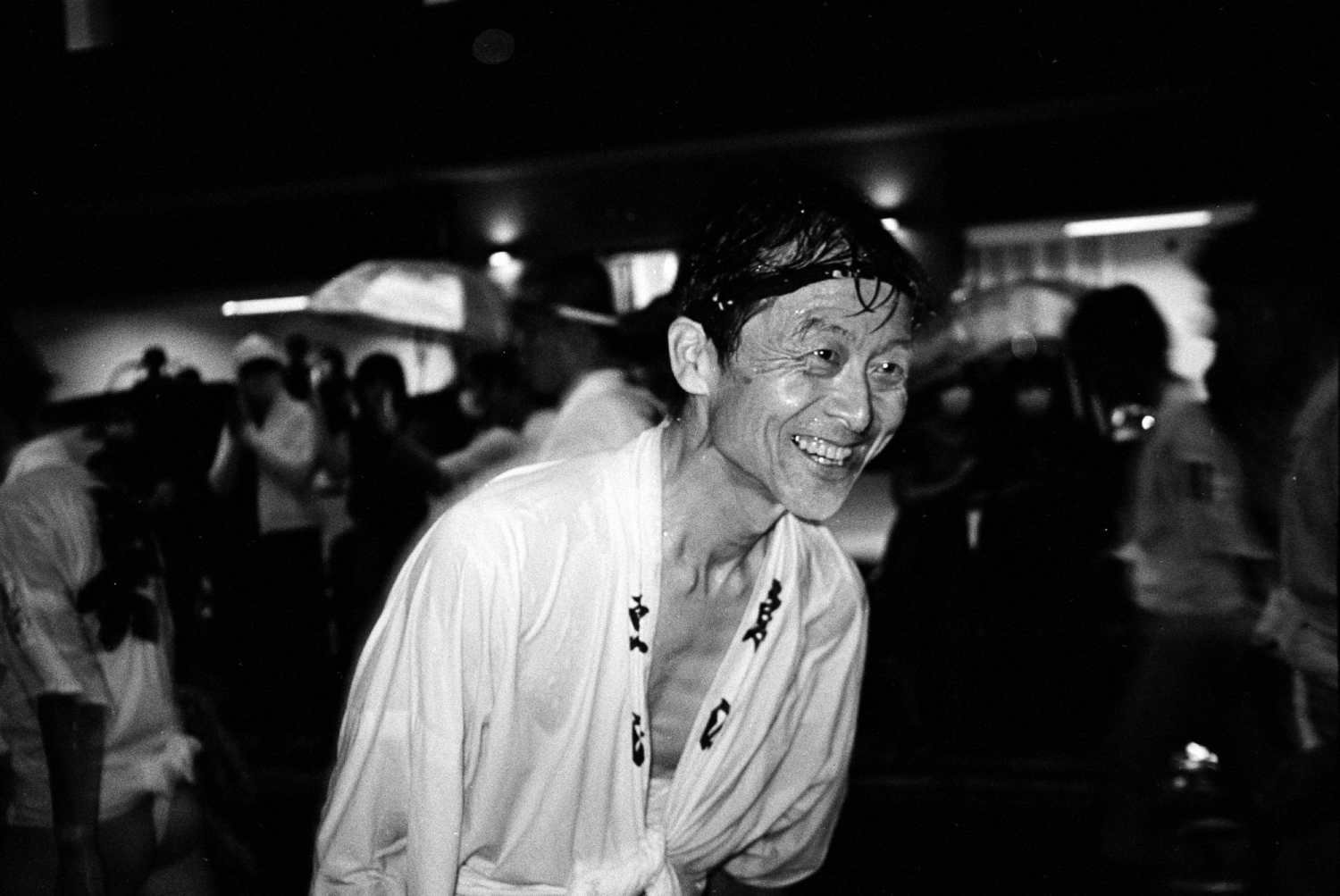
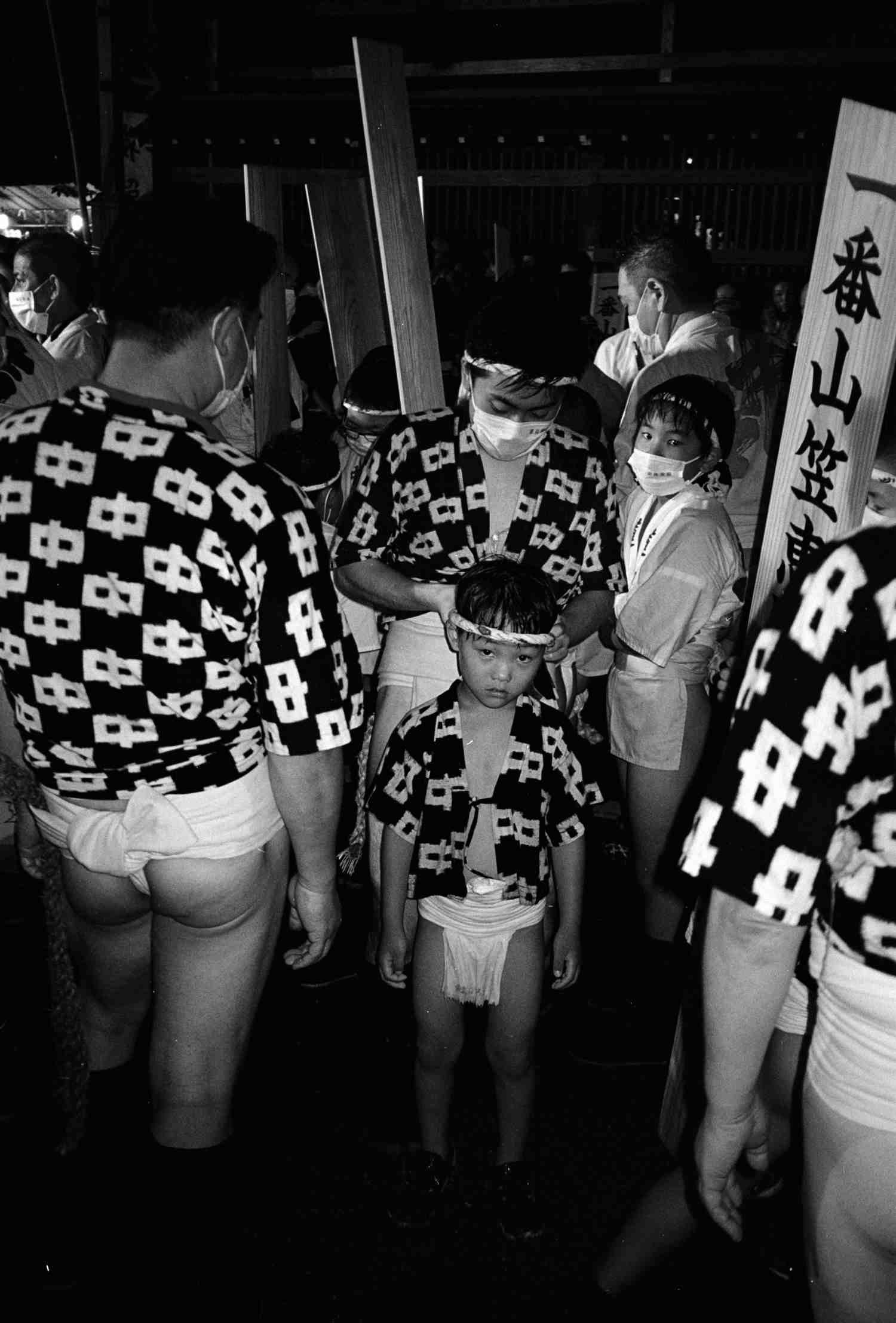
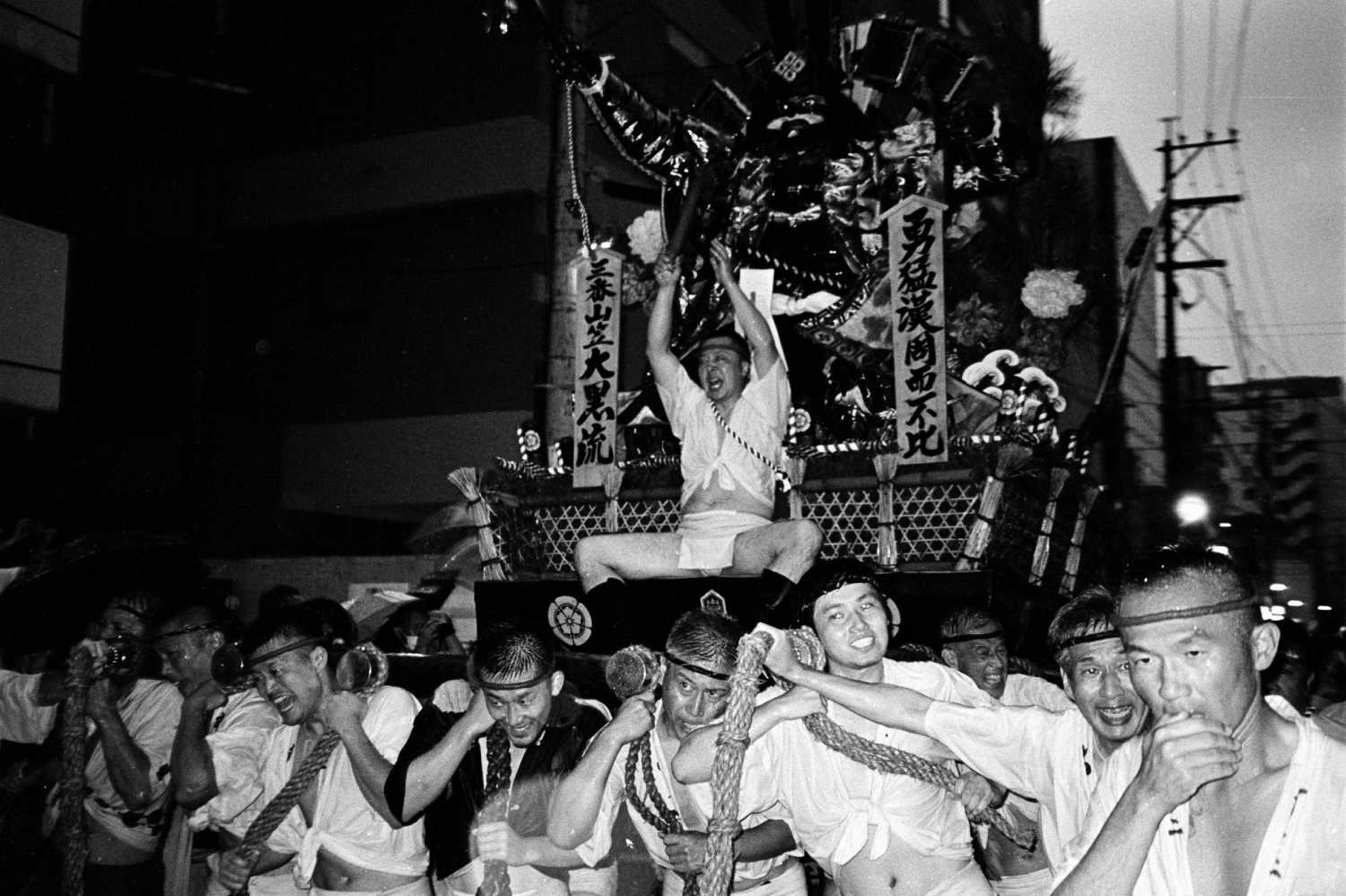
Having lived there for so many years, how did you go about making a selection for saying “goodbye” to such a big chapter in your life?
Yes, so before leaving Kyushu/Fukuoka, doing a road trip in my car before I sold it was something I needed to do one more time. Most critically I wanted to complete the list of places on the mega-island that I hadn’t visited yet. So for 4 days driving around with my friend Samuel Lintaro Hopf, we decided to focus on photographing things differently than we usually do in the cities. So that means for me, attention to detail and attention to feelings. I wanted everything I photographed to resonate an emotion that I often lacked finding in the 2022 cold-covid era city life.
Was there a specific feeling you tried to convey in the series?
Even though I was with my friend and we had fun joking around with each other, we often made time at each location we stopped at to go our separate ways and find our own things to photograph. These quiet times helped me reflect on the loneliness and depression I often felt with life in Japan. Even though I am happily married with an amazing boy, have plenty of friends and make new friends all the time, still, the covid era was really rough for me as a foreigner in Japan. Not everyone wants to acknowledge the fact that foreigners in Japan were often avoided in daily life here by many. Not everyone wants to acknowledge that despite the relative safety of wearing a mask, this makes us numb to the desire for human interaction and seeing each other's faces. During the road trip I continued to reflect on these emotions. So I think my photos reflect this in a way.
Living in Tokyo now, what is the biggest impact the city has had on your creative process?
Now in 2024, after living in Tokyo for over a year, the biggest creative impact I’ve had in my ability to use flash more freely. Using a flash for street photography is quite controversial but with the right mindset, circumstances, and reason I have the ability to use flash in creative ways here I was never really confident to execute on in Fukuoka.
After 4 years, Japan has finally entered the post-covid era. In general people are more open socially, people enjoy each other having fun on the street and this gives me confidence to do the street photography in the style that I like, which is always positive and communicative. If people are wondering what I am doing on the street with my camera, I’m always open to chat with them about it and thankfully, many people will listen rather than draw wild conclusions.
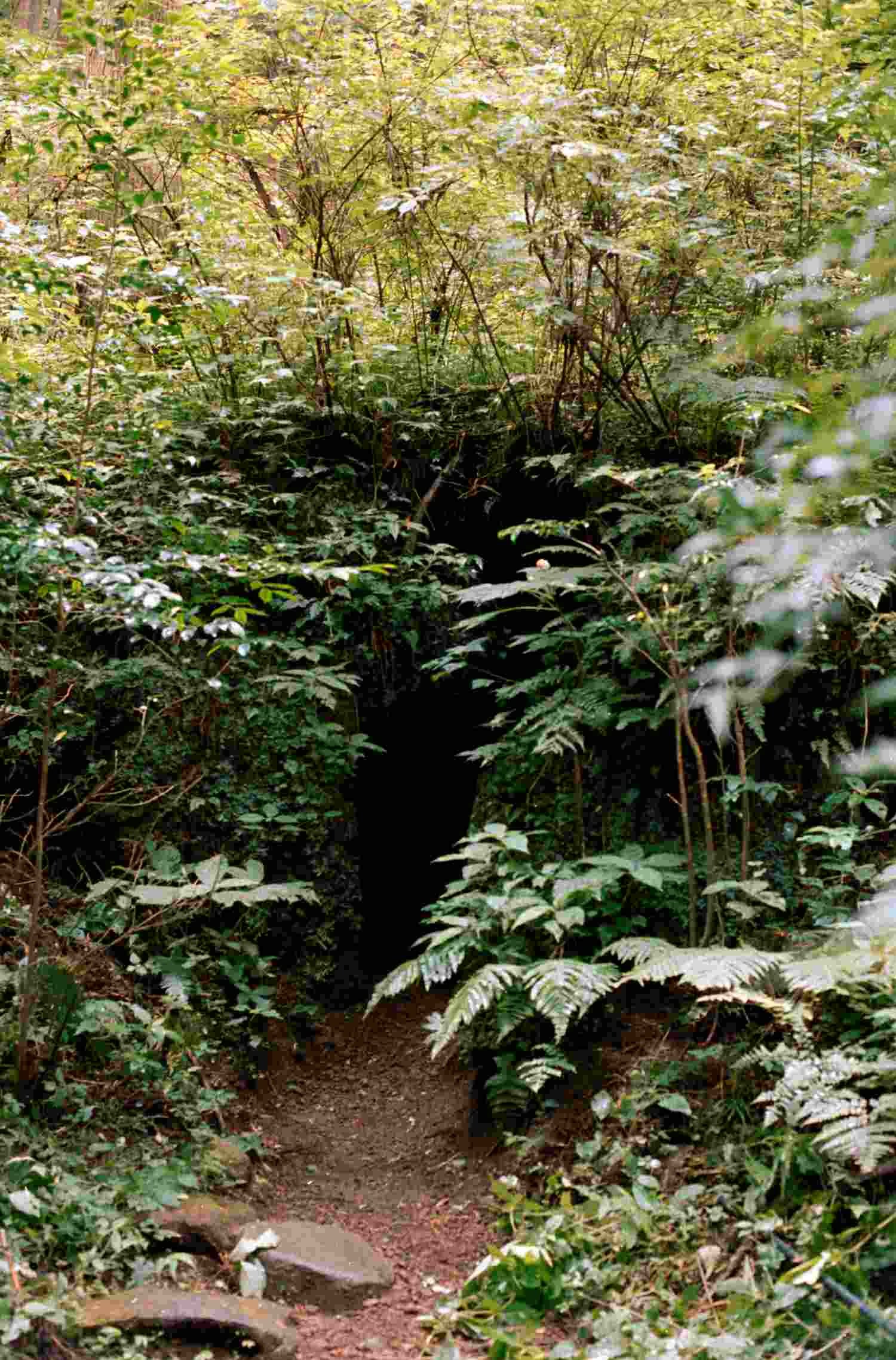
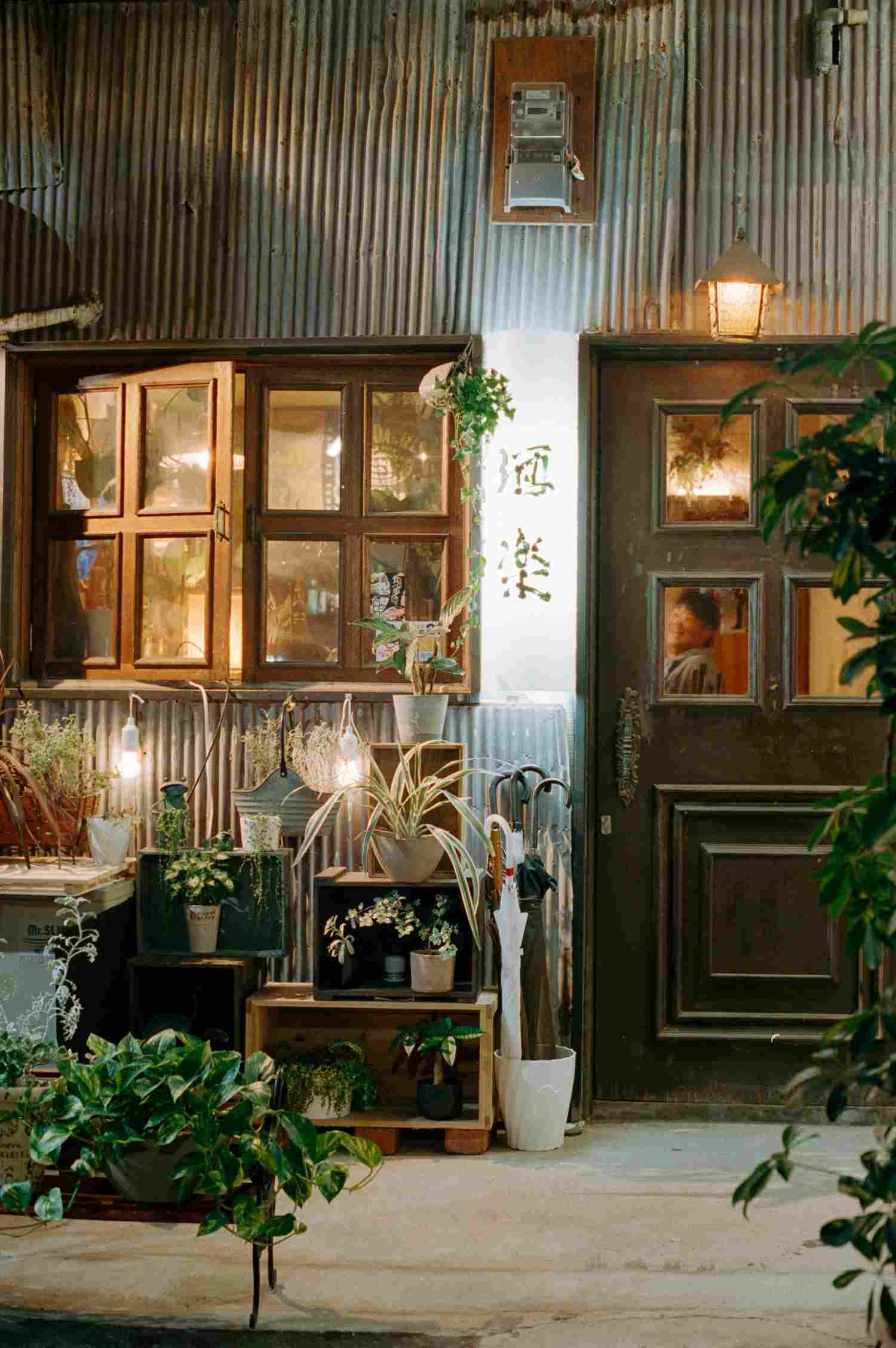
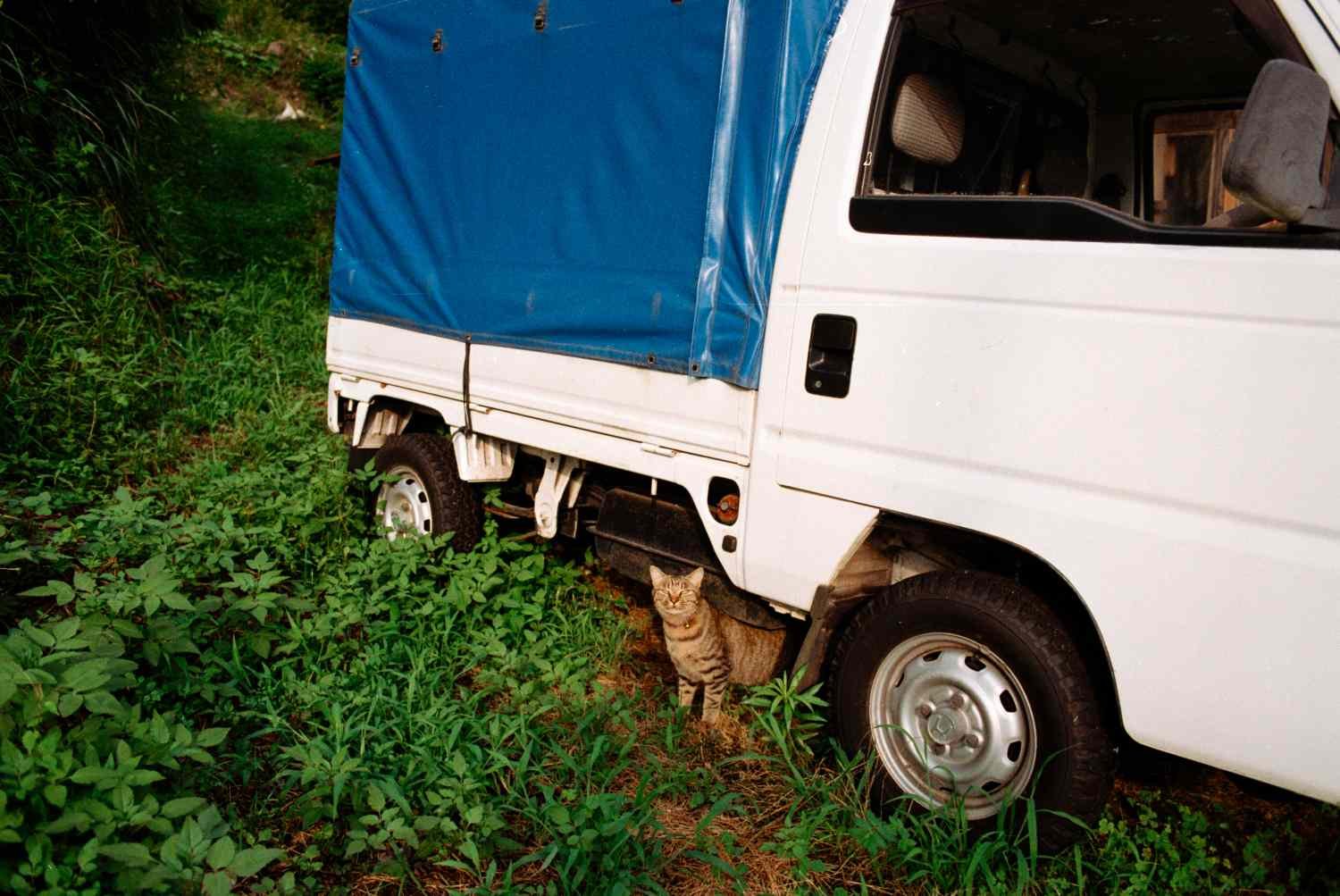
Lastly, is there anything specific you would like to share or mention?
Last year I was able to sell out of my first photo zine and now this first photo book. Along with numerous other prints. I think it’s amazing seeing physical photos and making them available for people to buy. Everyone who hasn’t done this yet needs to finally pull the trigger. In this digital age, we all need to grow the culture of physical photos, zines and books again. And most importantly, we need to support each other by buying the work from people we personally know and who are growing. I find way more value in owning a zine from a friend I know than a professional book from a famous but long dead photographer. Support each other and most importantly, stay humble.
Find more of Alex’s work on Instagram.

